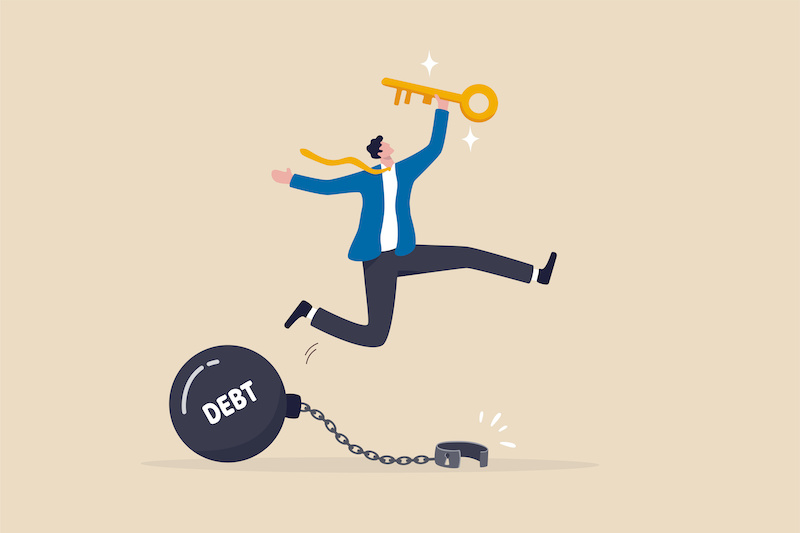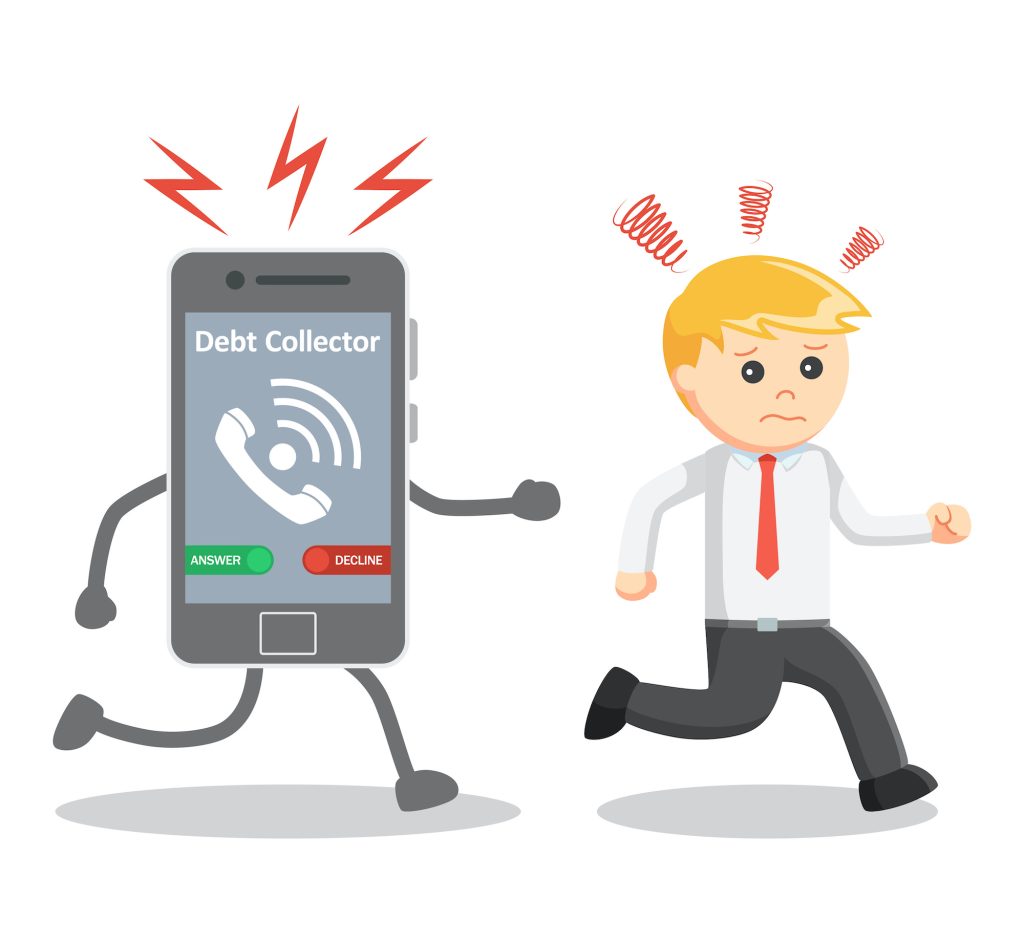
Part 2 of a 2-Part Series
Last week, we began a two-part series about how your spouse’s debts may impact you after they die. Click here to read that post. This week, we complete the series by focusing on potential liabilities, and how to deal with your late spouse’s creditors. Read on to learn all about spousal debts.
Are You Liable for Your Spousal Debts?

An insolvent estate lacs money to repay liabilities. In such a case, the creditor may not be able to collect a debt from an insolvent estate. What’s more, the creditor may never resolve the debt. However, in the following situations, the court could hold you liable for your deceased spousal debts, if you:
- Cosigned for a loan.
- Hold a joint account on a credit card (not merely an authorized user).
- Live in a community property state that considers a couple’s assets and debts jointly owned.
Community Property States & Spousal Debts

Nine community property states consider debts shared:
- Arizona
- California
- Idaho
- Louisiana
- Nevada
- New Mexico
- Texas
- Washington
- Wisconsin.
- In Alaska, couples may sign a special agreement because they live in a community property state.
If you live in one of the above states, the debts your spouse incurred during marriage become your debts. As a result, if you cannot repay an insolvent estate, the court could rule you responsible for repayment. Creditors could come after you for debts such as medical expenses and outstanding credit-card balances. They may even legally garnish your wages, put a lien on or seize your property, or withdraw money from your bank account.

Shared Debt Rule & Spousal Debts
Exceptions apply to the shared-debt rules of community property states. Generally, you remain responsible only for debts you secured as a member of a married couple. That is, any debt your spouse incurred before your marriage is not yours unless you explicitly agreed to assume it. Also, the court may not rule you responsible for spousal debts in cases of death or separation. In addition, if someone gives you property, the court may consider it as separate. As such, you may protect it from your spouse’s creditors. Check with an attorney specializing in estate planning and administration for guidance about specific community property rules in your state.

Spousal Debts and Dealing with Debt Collectors
Unless you live in a community property state or are otherwise legally obligated to pay your deceased spouse’s debts, you should not have to worry about spousal debt. But debt collectors may contact you anyway.
Creditors could attempt to collect the money they are owed from assets that pass to you outside probate. They might even try to sue you personally to collect the debt. Neither of these tactics will work, but simply ignoring a legal filing is a bad idea. You may need to hire an attorney to prove that you are not liable for your spouse’s debt.
Debt collectors do have the right to contact a deceased person’s spouse to find out who is authorized to pay the estate’s debts, according to the Consumer Financial Protection Bureau. However, the bureau adds, they cannot represent that you are personally responsible for paying the debt unless you are legally obligated to do so.

There are rules to debt collection under federal law. As a debtor’s surviving spouse, you have the right to tell a debt collector to stop contacting you. After you have made such a request in writing, they must end communications with you. However, they can still try to collect the debt from either you or the estate with an official filing.
Any debt that you do not personally owe should not affect your credit score, but a debt collector could improperly report your spouse’s debts to a credit reporting agency under your name. Should that happen, contact the credit reporting company and file a dispute to get the erroneous information removed from your credit report.
Talk to an Estate Planning Attorney about Dealing with Spousal Debt

After the loss of a spouse, the grieving process can be complicated by the probate process and lingering questions about debt and finances. Though you may not have to pay your spouse’s debt, you may have to serve as their personal representative, executor, or administrator and deal with creditors. To best honor your spouse’s legacy and protect your own rights, it helps to understand the laws around estate administration, unpaid bills, and creditors.
About Skvarna Law Firm in Glendora and Upland, California
A skilled attorney can assist with your estate plan. Contact us today to learn about your options (909) 608-7671. We operate offices in Glendora and Upland, California. We provide legal services for individuals living in San Bernardino, Los Angeles, Orange and Riverside Counties. This includes the cities of Upland, Ontario, Rancho Cucamonga, Fontana, Colton, Rialto, Chino, Chino Hills, Glendora, Claremont, Montclair, Pomona, La Verne, San Dimas, Azusa, Covina, West Covina, Diamond Bar, Walnut, La Puente, Corona, Norco & Mira Loma. Visit SkvarnaLaw.com to learn more.


